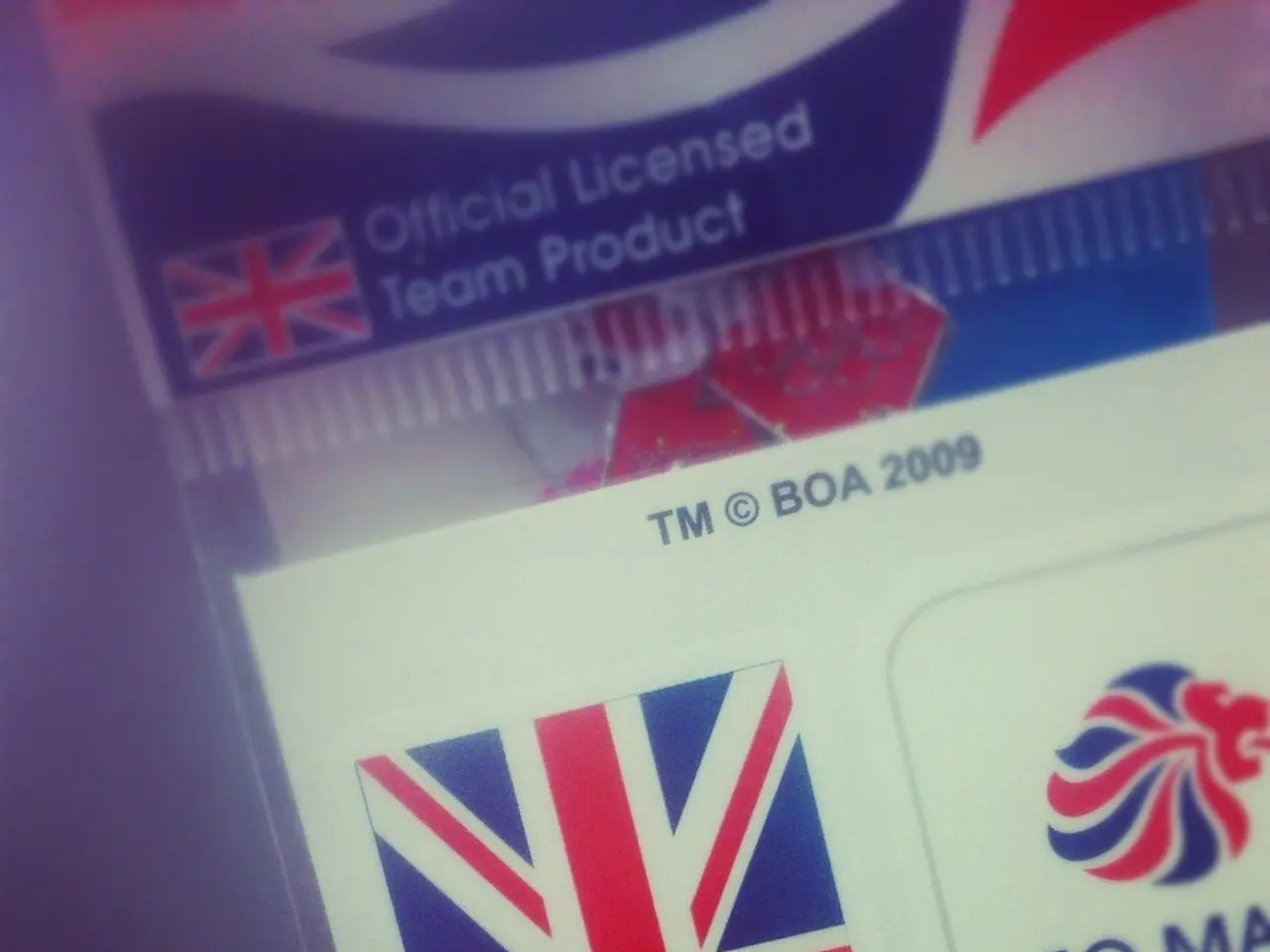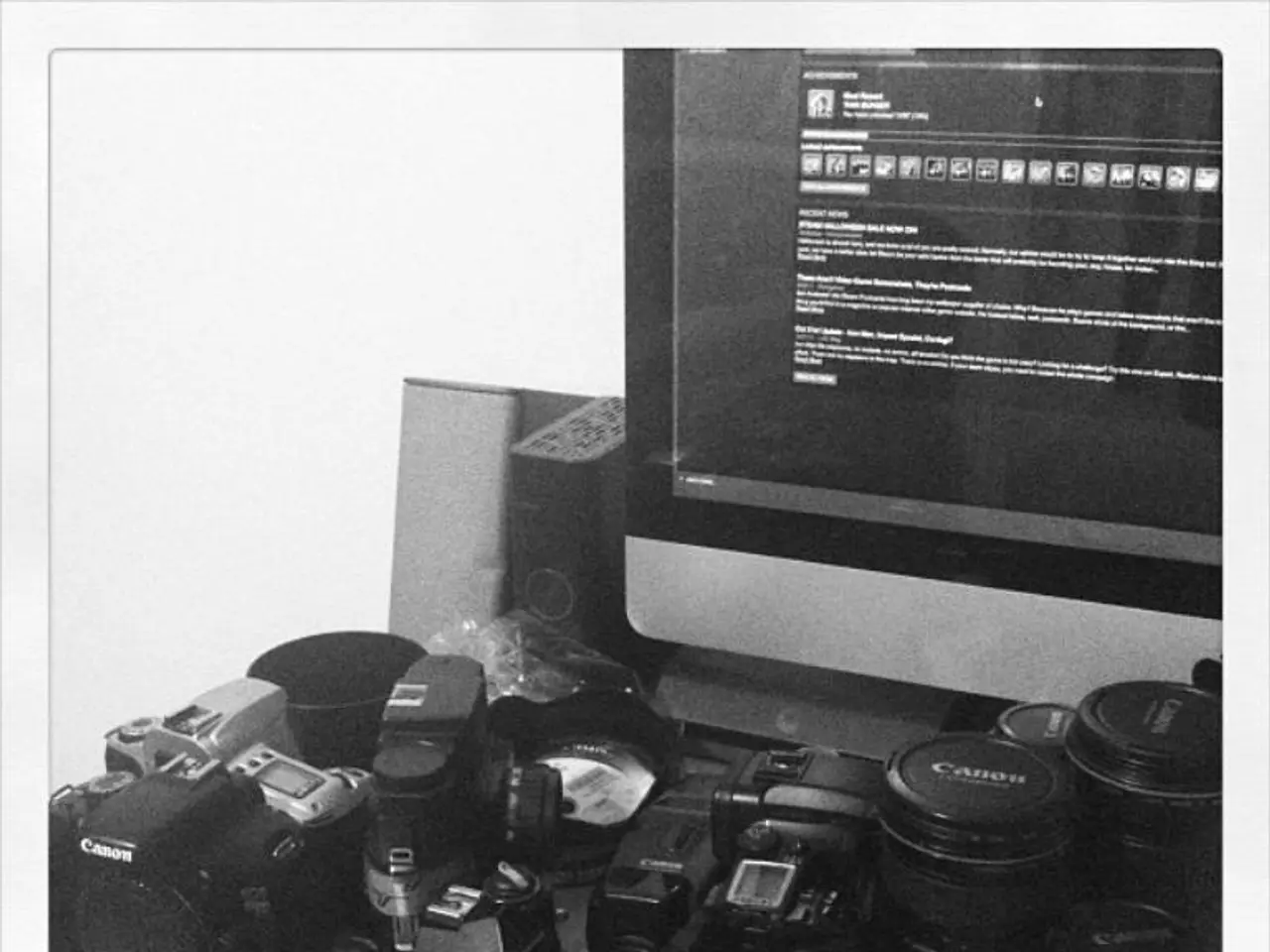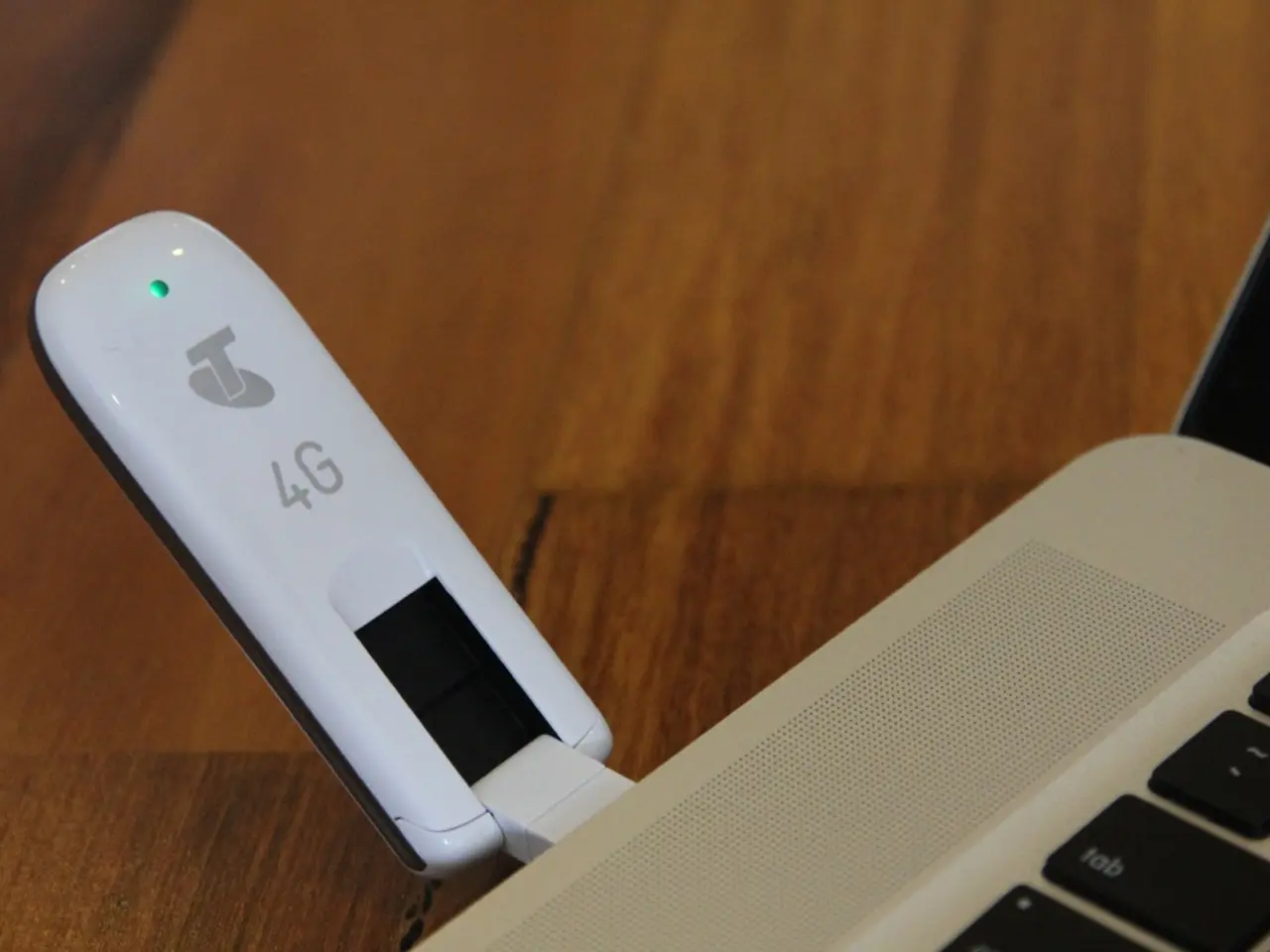Securities and Exchange Commission in Nigeria must enhance 'thorough examination' before granting additional crypto licenses, according to the Director-General.
The Securities and Exchange Commission (SEC) in Nigeria has delayed the issuance of new cryptocurrency licenses to ensure a more secure and regulated crypto ecosystem. This approach is aimed at ensuring that all virtual asset service providers (VASPs), digital asset operators (DOPs), and exchanges meet stringent regulatory standards before gaining authorization [1][2][3].
**Reasons for the Delay**
The SEC's decision to delay the issuance of new licenses is driven by the need for enhanced due diligence. The screening process now includes "level 3 due diligence," which involves extensive scrutiny of applicants [2]. Moreover, the approval process now includes collaboration with other regulatory bodies, such as the National Security Adviser (NSA), to ensure that only credible and compliant operators receive licenses [3].
Interagency coordination is another factor contributing to the delay. The SEC is working closely with the Central Bank of Nigeria (CBN), the Nigerian Communications Commission (NCC), and other relevant agencies to harmonize regulatory efforts and prevent financial crimes [4].
The Accelerated Regulatory Incubation Program (ARIP), designed to fast-track licensing for digital asset exchanges, has been slowed down to ensure that all applicants are properly vetted, with a focus on protecting investors and maintaining market integrity [3][4].
**Due Diligence Measures Being Taken**
The SEC is conducting comprehensive background checks on applicants to verify their legitimacy and track record. Firms must also demonstrate robust compliance with anti-money laundering (AML) and counter-terrorist financing (CFT) regulations [1][2][3].
The SEC is collaborating with the NSA and other security agencies to vet applicants for any potential security risks [3]. Additionally, licensees must align with the new digital asset rules and the Investments and Securities Act 2025, which classifies digital assets as securities and places them under SEC supervision [1][3].
Emomotimi Agama, the director general of Nigeria's SEC, has been instrumental in driving the commission's efforts to regulate digital assets, with the government working to put regulations in place for digital assets since Agama assumed office [1][2]. The SEC granted approvals-in-principle to two digital assets exchanges - Busha and Quidax - last year but has not granted any further licenses since [1].
In conclusion, the SEC in Nigeria is taking a cautious and thorough approach to licensing cryptocurrency operators, prioritizing investor protection and market stability through rigorous due diligence and interagency collaboration [1][2][3].
- The SEC in Nigeria is implementing "level 3 due diligence" to ensure that all applicants for cryptocurrency licenses undergo extensive scrutiny.
- The approval process for new crypto licenses in Nigeria now includes collaboration with other regulatory bodies, such as the National Security Adviser (NSA), to ensure only credible and compliant operators receive authorization.
- Interagency coordination is a factor in the delay of new crypto licenses in Nigeria, as the SEC works closely with the Central Bank of Nigeria (CBN), the Nigerian Communications Commission (NCC), and other agencies to harmonize regulatory efforts and prevent financial crimes.
- The SEC is conducting comprehensive background checks on applicants for cryptocurrency licenses, verifying their legitimacy, track record, and compliance with anti-money laundering (AML) and counter-terrorist financing (CFT) regulations.




